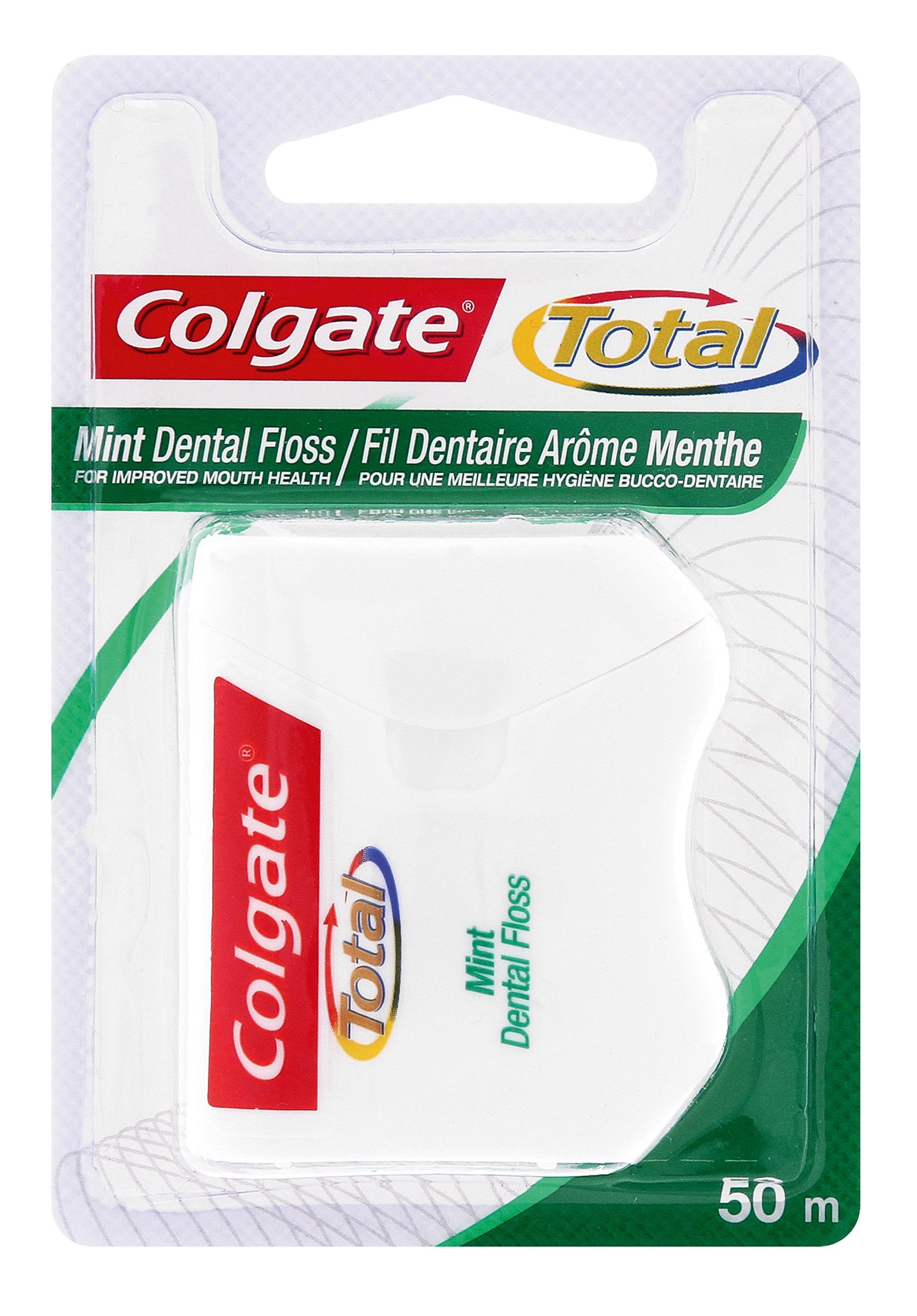What Causes Snoring?
Snoring is an unmistakable hoarse sound that occurs when a person's airway is partially blocked while sleeping. When sleeping, the muscles in the soft palate (roof of the mouth), tongue and throat relax. According to Mayo Clinic, the soft tissues in the throat can relax enough to partially obstruct the airway. Soft tissues in the throat vibrate as air flows past, generating the noise. The more narrowed the airway, the more forceful the air flow. This results in increased vibration of the tissues, which causes snoring to become louder.
Statistics and Causes of Snoring
Snoring is extremely common and can affect almost anyone. The prevalence of habitual snoring has been estimated by Sleep Education to represent 24 percent of adult women, 40 percent of adult men, and 10 to 12 percent of children.
The many common causes of snoring are responsible for its prevalence. According to Mayo Clinic, these causes include the following:
- Anatomical conditions: Some people may have a narrow airway due to a low and thick soft palate, an elongated uvula (the triangular piece of tissue that hangs from the soft palate) or large tonsils or adenoids. Obese or overweight people tend to have more fat tissue on the back of their throat that may narrow their airway and cause snoring.
- Nasal problems: Chronic nasal congestion may cause snoring by obstructing the air flow when breathing.
- Use of alcohol, sedatives and tobacco: The use of these products can relax the muscles in the throat and decrease the natural defences against an obstructed airway, causing snoring.
Other factors that increase the risk of snoring include the following:
- Being male
- Being 40 years of age or older
- Pregnancy
- Family history of snoring
Effects of Snoring on the Oral Cavity
The direct effect of snoring on the oral cavity is xerostomia (dry mouth). Xerostomia is a lack of salivary flow, and saliva is needed to coat and moisten the oral tissues. Lack of salivary flow due to snoring may lead to various oral health problems, according to the American Dental Association. Such problems include halitosis (bad breath), burning mouth syndrome, infections and sores, tooth cavities and gum problems.
Saliva is necessary to cleanse the oral cavity by washing the tongue, gums and cheeks of accumulated dead cells. When these cells are not removed, they decompose and create an odour. Lack of saliva may cause a burning sensation of the tongue, lips, gums, palate, throat or the whole mouth. Lack of salivary flow also allows harmful germs and other organisms in the mouth to grow too quickly, resulting in mouth infections and sores. Saliva is necessary to neutralise the acids produced by plaque and wash away food particles left in the mouth. Without the buffering and cleansing effects of saliva, tooth cavities and gum problems become more prevalent. Strict oral hygiene is imperative to reduce the likelihood of these oral health problems.
Optional dental treatments for snoring may have side effects on the oral cavity. Oral appliance therapy is widely used for the treatment of snoring, and a significant proportion of these users have reported dental side effects. Australian researchers Pantin, Hillman and Tennant conducted a five-year study on the dental side effects of an oral device to treat snoring. Their findings include excess salivation or xerostomia, temporomandibular joint pain, dental discomfort, facial muscle pain and bite changes. In most cases, these effects are minor and their importance should be weighed against the efficiency of the appliance in the treatment of snoring.
Snoring has many implications for the oral cavity, whether direct or indirect. Several medical and behavioural treatments are available, depending on the specific cause of snoring. People seeking treatment for snoring should consult their physician.














